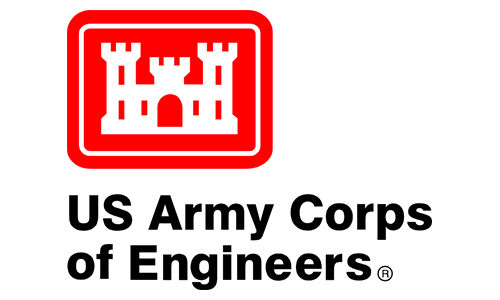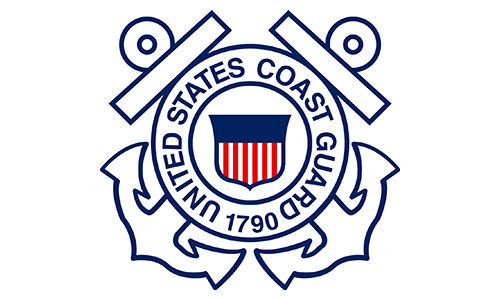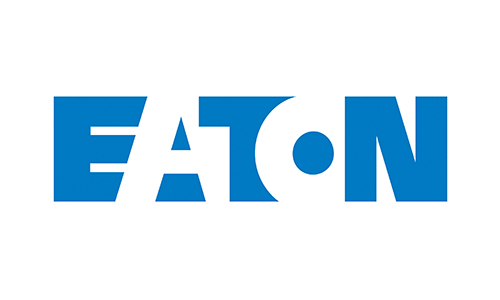Mobile Crane Inspector Training
NCCCO ™ MOBILE CRANE INSPECTOR CERTIFICATION PREP COURSE
The National Commission for the Certification of Crane Operators (NCCCO) is accredited by the American National Standards Institute (ANSI), and CCO was initially awarded ANSI accreditation in 2007.
This program designed for companies or individuals who would like to do their own mobile crane inspections. By receiving the NCCCO accredited crane inspector certification, individuals will have received the highest level of certification available for this type credential.
Length:
- 4.5 Days - 40 hours (including NCCCO testing).
Credential Issued Upon Successful Completion:
- NCCCO ™ Mobile Crane Inspector Certification
- Valid for 5 years
Requirements:
- Possess the physical ability to perform inspections on mobile cranes.
- Have a minimum of 2,000 hours mobile crane experience in operation, maintenance, repair, inspection, safety or supervision.
- Pass the NCCCO Mobile Crane Inspector Core written examination.
- Pass the NCCCO Mobile Crane Inspector Specialty written examination.

TYPES OF CRANES COVERED
- Telescoping Boom Cranes
- Lattice Boom Cranes
- Boom Trucks
- Industrial Cranes (Carry Decks)
SUBJECTS
- Types of mobile cranes, components & terminology
- Inspector’s role in reducing crane accidents & liability exposure
- OSHA & ASME inspection requirements
- The three levels of inspection
- Inspection procedures and techniques
- Recognizing and understanding the differences between deficiencies & safety hazards
- Proper documentation
- Inspecting structural components, sheaves, blocks, hooks, operating mechanisms, hydraulic, pneumatic and electrical systems, hydraulic cylinders, wire rope, operational aids, and safety devices
- Structural, mechanical, electrical, hydraulic and safety/liability areas of inspection
- When to perform a non-destructive crack detection test
- Basic rigging procedures
- Performing load tests




















